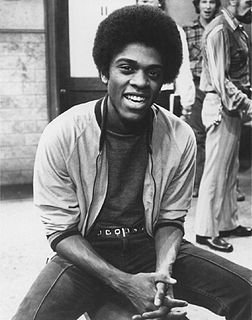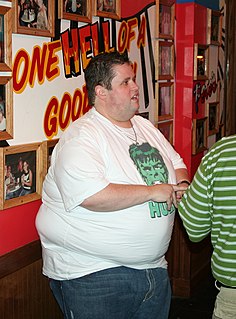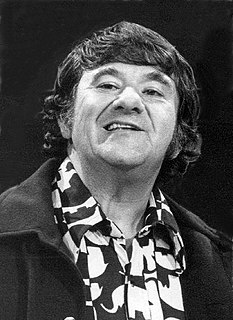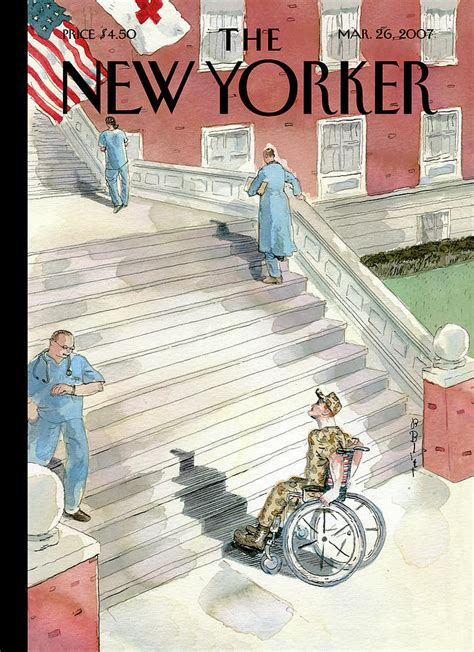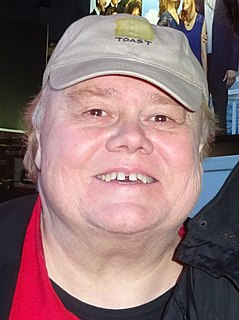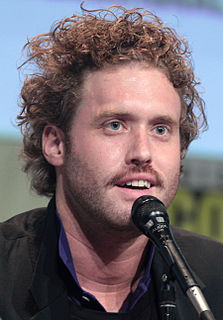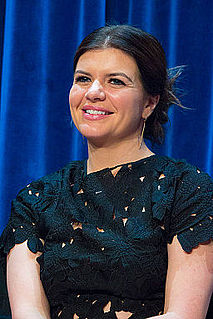A Quote by Brian Regan
I'm honored that other comedians like what I do. That means the world to me. But at the same time when I'm on stage I'm not just trying to make the comedians laugh - I'm also trying to make the audience laugh. I want to make everybody laugh.
Related Quotes
When you make a film, you're creating the illusion of a natural experience. But everything is created on purpose. If I want you to be scared, I'm trying to scare you. If I want you to cry, I'm trying to make you sad. If I want you to laugh, I'm trying make you laugh. So, how I get you there is what makes it interesting, because I also want it to feel seamless, and not forced. That kind of constant experimentation is just fun to explore, and I love it.
The first purpose of comedy is to make people laugh. Anything deeper is a bonus. Some comedians want to make people laugh and make them think about socially relevant issues, but comedy, by the very nature of the word, is to make people laugh. If people aren't laughing, it's not comedy. It's as simple as that.
I have a very high respect for professional comedians. What they do astonishes me. You have to be really smart and absorb everything, repackage it, bring it back to the person, and make them laugh at themselves. I can make people laugh during my talks because they didn't come to have me make them laugh. It's added value. So my job is way easier than that of a professional comic.
At the Sahara, the seats are banked and most of the audience is looking down at the stage. Everybody in the business knows: Up for singers, down for comics. The people want to idealize a singer. They want to feel superior to a comic. You're trying to make them laugh. They can't laugh at someone they're looking up to.
The best way to make friends with an audience is to make them laugh. You don't get people to laugh unless they surrender - surrender their defenses, their hostilities. And once you make an audience laugh, they're with you. And they listen to you if you've got something to say. I have a theory that if you can make them laugh, they're your friends.
Something that's good in the mini-culture of 'Happy Endings' is that the goal is to try and make each other laugh. There is a pretty high bar, and you want to make the writers laugh, and you want to elevate what's already great material - and also, we're like, 'Who is even watching this? Let's just go for it.'

